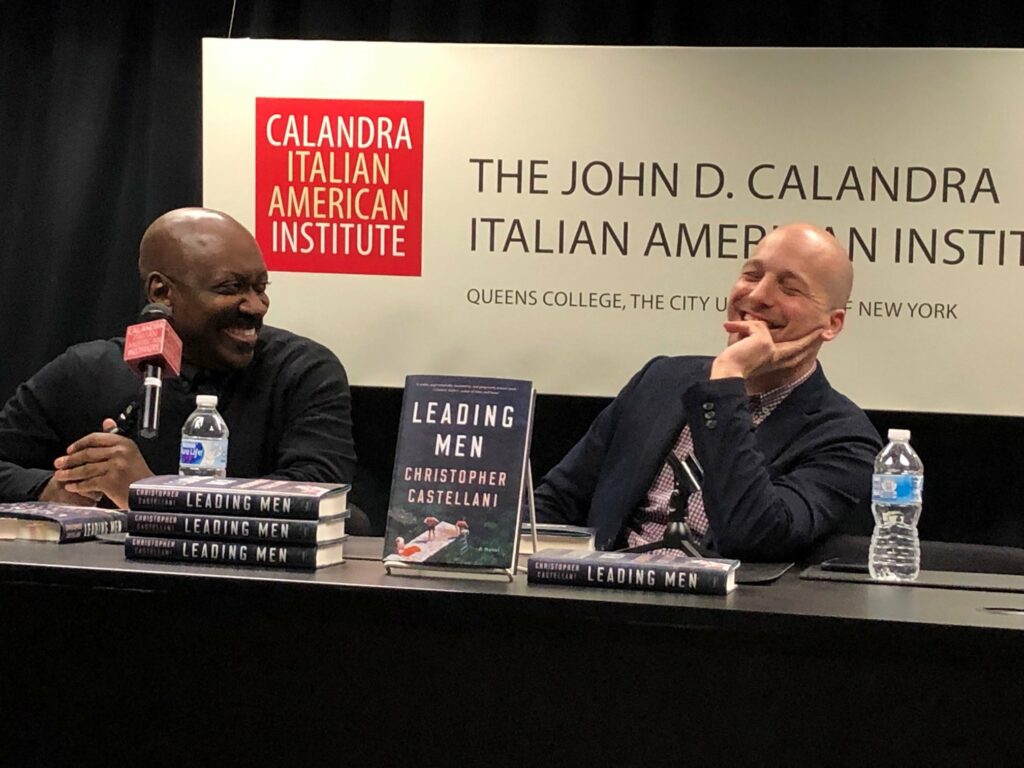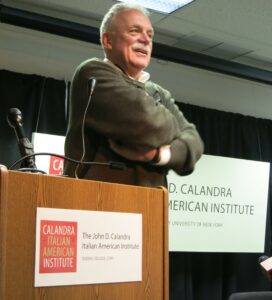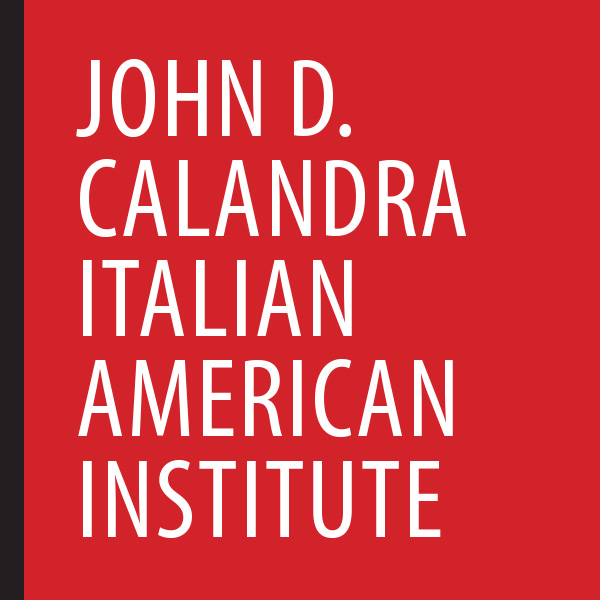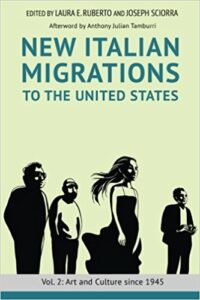Click here to read a new interview with Laura Ruberto and Joseph Sciorra about their groundbreaking publications New Italian Migrations to the United States: Vol. 1: Politics and History since 1945 and New Italian Migrations to the United States: Vol. 2: Art and Culture since 1945.
Month: March 2019
Calandra’s Anthony J. Tamburri: Un biculturalismo negato. La letteratura «italiana» negli Stati Uniti (updated with video)
Together with a theoretical introduction, this volume presents five examples of “Italian/American” fiction writers and poets who live overseas—in our case the United States—and are part of what some have called “Italian literature” of the Italian diaspora. The five writers are representative of this long tradition of writing in Italian in the United States. As Tamburri argues in the first chapter, the notion of the “Italian” writer might benefit from a theoretical-methodological revision that concerns not so much the creative as the critical perspective. One should, as Tamburri states herein, abandon the need for a geographical notion as a decisive point for what is or is not “Italian literature” in order to recognize, to the contrary, the existence of a poly-linguistic aspect of the world of Italian Americans, which has given rise to a remarkably significant literary production in the language of Dante.
Buy the book here.
Christopher Castellani with Nicholas Boston

On Thursday, March 7, Christopher Castellani, author most recently of Leading Men, read from his historical novel about Tennessee Williams and Frank Merlo and then was in conversation with Lehman College’s Nicholas Boston about the novel, historical fiction, the figure of the stereotyped Italian American male, gender in fiction-writing, and about Castellani’s feeling that this book, his fourth, is in some sense his debut.
Buy the Leading Men here.
Assassins against the Old Order: Fraser M. Ottanelli Book Presentation 2/28
 Fraser M. Ottanelli, of the University of South Florida, presented on February 28 his new, co-authored book, Assassins against the Old Order: Italian Anarchist Violence in Fin de Siècle Europe (University of Illinois Press, 2018).
Fraser M. Ottanelli, of the University of South Florida, presented on February 28 his new, co-authored book, Assassins against the Old Order: Italian Anarchist Violence in Fin de Siècle Europe (University of Illinois Press, 2018).
The image of the anarchist assassin haunted the popular European imagination in the late nineteenth century. Fear spawned a gross but persistent stereotype: a swarthy “Italian” carrying a bloody knife or revolver and bred to violence by radical politics, madness, innate criminality, and poor genes. The late Nunzio Pernicone and his co-author Fraser M. Ottanelli have dug into the historical, social, cultural, and political conditions behind the phenomenon of anarchist violence in Italy. Looking at political assassinations in the 1890s, they illuminate in this book the public effort to equate anarchy’s goals with violent overthrow.

